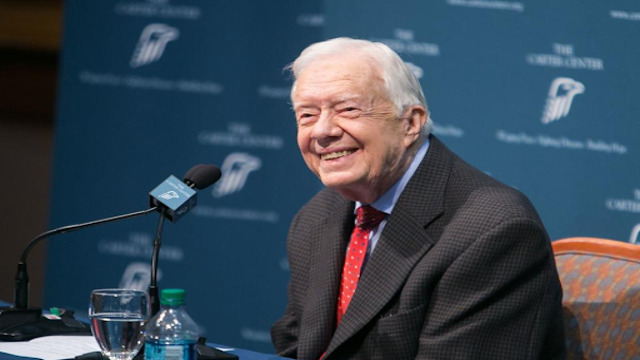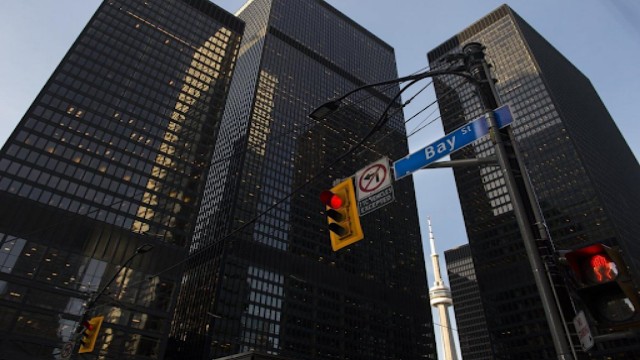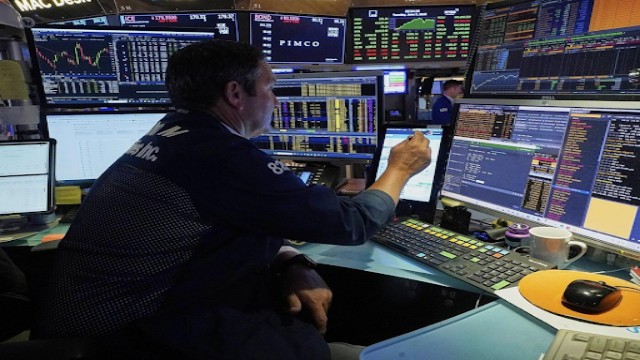
U.S. stock markets will shut down on January 9 to observe a day of mourning in honour of former President Jimmy Carter.
In a tribute to former President Jimmy Carter, U.S. stock markets will shut down on January 9, honouring the national day of mourning following his passing on December 29 at the age of 100. This move echoes a long-standing tradition where financial institutions close operations to mark the deaths of U.S. presidents, a practice rooted in American history.
The New York Stock Exchange (NYSE), Nasdaq, and Cboe Global Markets have confirmed their closure, while CME Group, which oversees U.S. equity and interest-rate markets, has yet to announce its plans. Meanwhile, the bond market will close early at 2 p.m. EST, in line with a recommendation from the Securities Industry and Financial Markets Association.
Jimmy Carter, the 39th U.S. president and the longest-living one in history, leaves behind a legacy of public service and humility. Reflecting on this, NYSE President Lynn Martin remarked that closing the exchange is a sign of respect for Carter’s immense contributions to the nation. During the mourning period, the NYSE will also fly the American flag at half-staff.
The tradition of halting market operations to honour presidents began in April 1865 with Abraham Lincoln’s assassination. Back then, businesses paused, and streets filled with grief-stricken crowds. Since then, the NYSE has closed to honour 21 presidents, as well as other notable figures and events, including Queen Victoria, Martin Luther King Jr., and even historical tragedies like the Wall Street bombing of 1920 and the 9/11 attacks.
Beyond mourning, market closures have also been a platform for celebration and unity. From marking George Washington’s 100th inaugural anniversary to throwing ticker-tape parades for national heroes, Wall Street has often reflected the nation’s heartbeat. It has also acted swiftly during crises, like the Great Depression of 1933 when closures helped prevent financial panic.
Ed Yardeni, a prominent economist, explained that shutting the NYSE during such events serves a larger purpose. It underscores the symbiotic relationship between democracy and capitalism, showcasing that the foundations of economic success rest on political stability.
While markets typically resist interruptions, the deaths of presidents and pivotal national events remain exceptions. These closures not only pay homage but also signify the enduring bond between America’s democratic ideals and its economic system.















